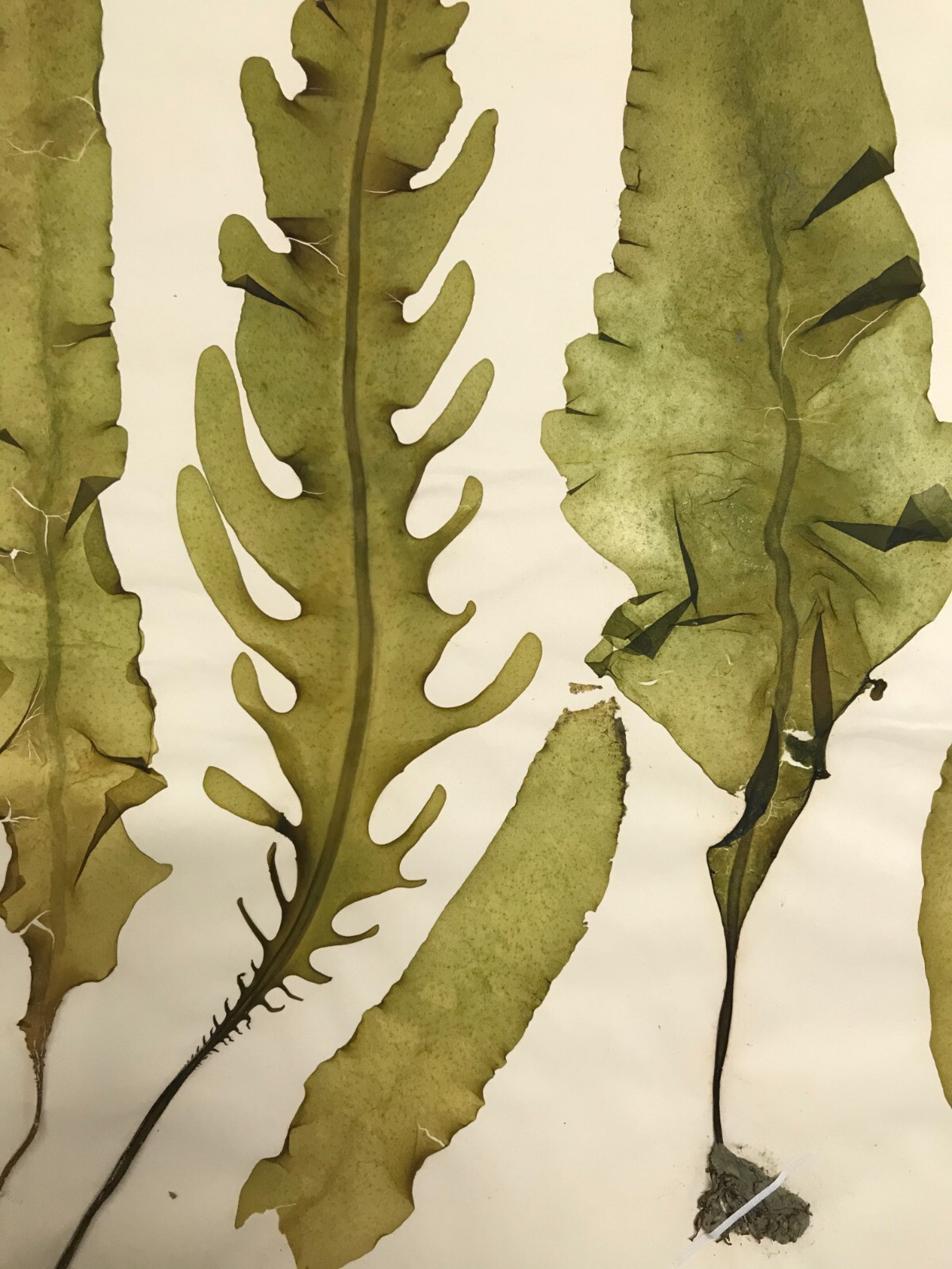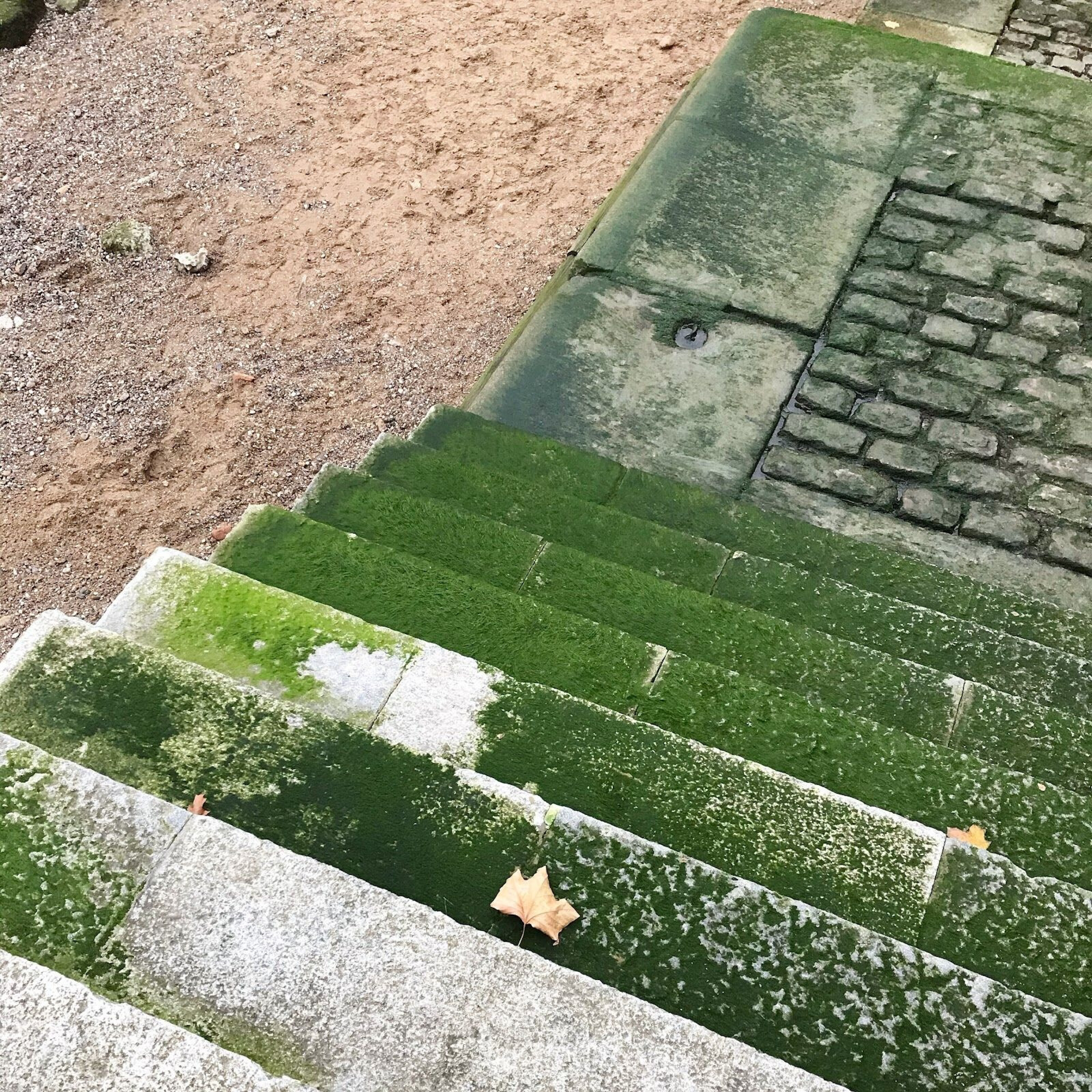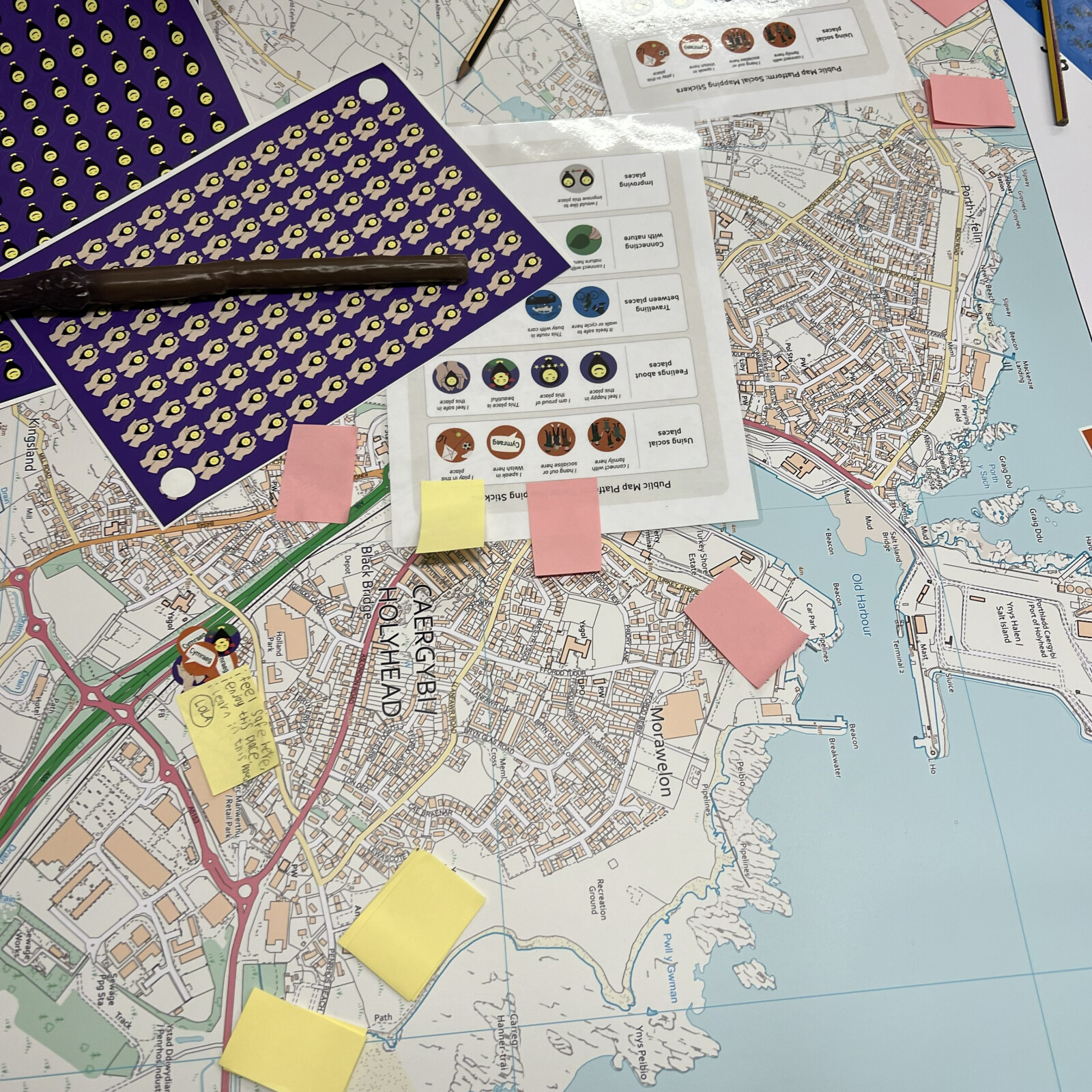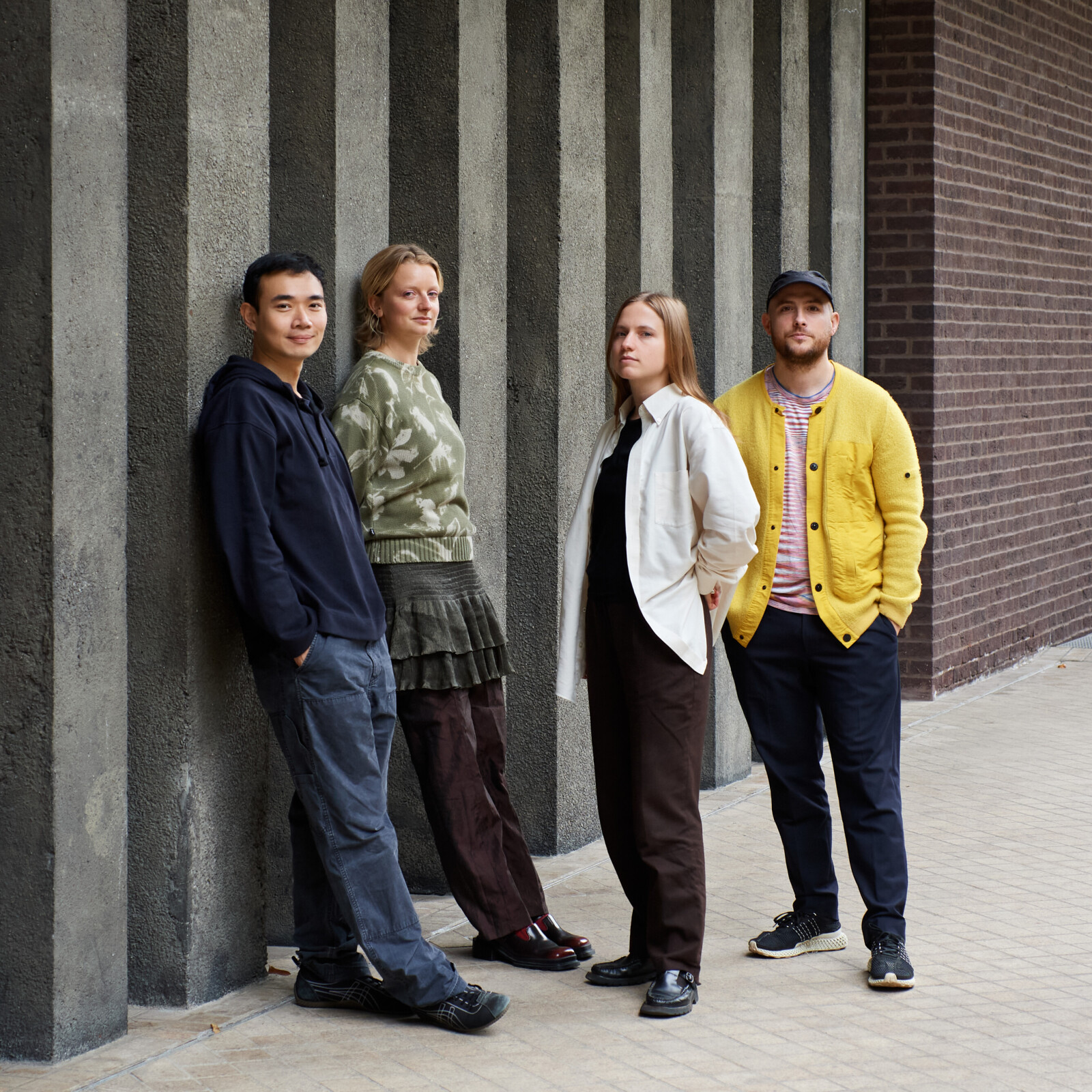Samuel Iliffe is one of four Researchers in Residence currently based at the Design Museum. His research is deeply embedded in the water systems of the UK and, in particular, concerned with Phosphorus pollution. Our curator George Kafka had a chat with Samuel to discuss the background to his work, the problems with phosphorus, seaweed and his aims for the research going forward.


GK
To begin, can you tell me a bit about your background? How did you end up as a Researcher in Residence?
SI
I did an undergraduate degree in Mechanical Engineering, but I was always doing some kind of artistic project on the side - DJing, producing music, even folding origami. After the degree I worked as a design engineer at Sugru, a company that makes a mouldable glue for DIY purposes, where I created new tests of the material and contemplated new applications for it. This was really a transformational experience for me. I learnt that I could combine my creative interests with my academic background in my day-to-day work.
From this internship I began a double masters in Innovation Design Engineering at the Royal College of Art and Imperial College London, where I honed my practice as a creative that collaborates with scientific and academic fields. Being one of the Design Researcher’s in Residence feels like the perfect home to continue this practice.
GK
What are you researching?
SI
I am researching the use (or misuse) of phosphate fertiliser in the UK, how it has contributed to the startling statistic that not a single UK river, lake or estuary is considered in ‘Good Health’, and what we might be able to do about it.
GK
How does your research tackle the climate crisis?
SI
I am thinking more generally about our planetary boundaries, in which the climate crisis is one factor. There is a cycle of phosphorus that gets used by different organisms, much in the same way Carbon dioxide and other greenhouse gases are part of a cycle already occurring on Earth, however humanity has pushed these cycles out of balance, or past their planetary boundaries, and there is risk of environmental change from this.
Humans are dumping phosphorus into our lakes and rivers at a rate far beyond what the environment can handle, and this starts a process that can end with death of the waterbodies ecosystem.
The fact is these processes are all interlinked; phosphorus pollution causes biodiversity loss, which is interconnected with the climate crisis. One stage of the pollution is a large amount of algae blooming, and then all dying, and when dying large amounts of CO2 are released, contributing again to climate crisis.
I hope to tackle this issue by growing different algae on this phosphorus pollution, a sort of Algae farm, and harvesting the algae before the dangerous processes occur. Algae is having a moment right now and there are new uses for the ‘crop’ appearing every day.
GK
Who is likely to be impacted by your research? And who do you want to see it?
SI
The UK government's Environment Agency and Department for Environment, Food & Rural Affairs (DEFRA) should be invested, since the former conducted the research on the health status of lakes and rivers, and the latter should also be concerned with the use of fertilisers. My research has the potential to provide a different method of phosphorus removal, one that is a more permanent solution than current methods, and one that has other kinds of benefits, like being aesthetically pleasing.
Other stakeholders are UK seaweed farmers. There are significant hurdles at the moment to running a seaweed farm in the UK due to where these farms are normally placed. Part of my research has been understanding the differences of farming in a lake, river or estuary, to coastal waters, and the potential benefits for these farmers.
GK
What research methods are you using? Why?
SI
Something we residents have been talking about, and I feel is a problem exacerbated by access to the internet, is differentiating ’search’ and ‘research’. I think design research projects can fail when too much time is spent looking through secondary research rather than creating, and creating should itself be an act of research.
One specific method I have employed is to generate ideas/concepts almost as provocations, for experts in the field I am designing for. The hope is that these provocations will spur the expert to comment something they otherwise might have thought was obvious or simply wouldn’t have said, and to help them contemplate the topic from new angles.
GK
What are the main obstacles you are facing in your research process?
SI
Money, time and networks! This is still research, so it’s not clear whether the result, an algae farm, will have the ‘desired’ effect. Working with organisms is particularly difficult in the scale of a twelve month residency, since things usually grow only at certain times of year. To tackle this kind of project from a purely scientific method, examining each variable one at a time, is not really feasible, so there needs to be this intuitive creation stage where hopefully interesting results emerge, something valuable.
GK
How do you see the future of this project? If you were to keep working on it for another ten or twenty years, what would be the ideal future scenario?
SI
In some sense it is very clear: the lakes, rivers and estuaries in the UK are not in good health, three quarters of which are thought to be due to phosphorus pollution. So to be able to contribute to improving the health of these waterbodies would be a great success.




